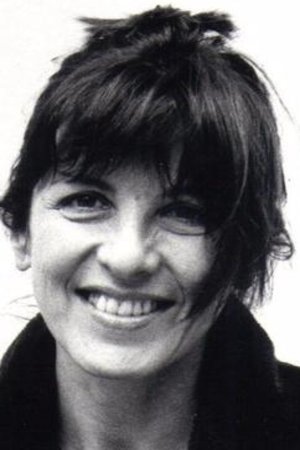
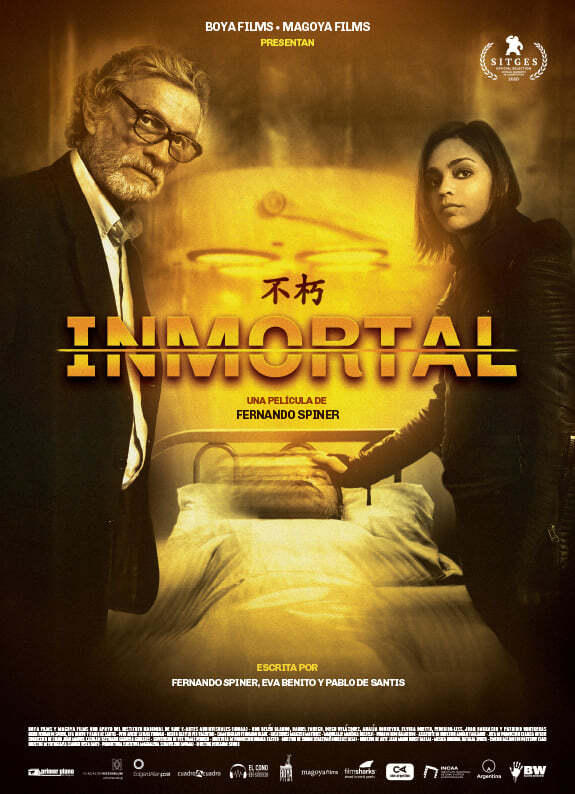
Ana returns to Buenos Aires to claim her inheritance. She meets her father's close friend Dr. Benedetti, a scientist, where he has discovered a doorway to another dimension which allows Ana to reconvene with the dead.
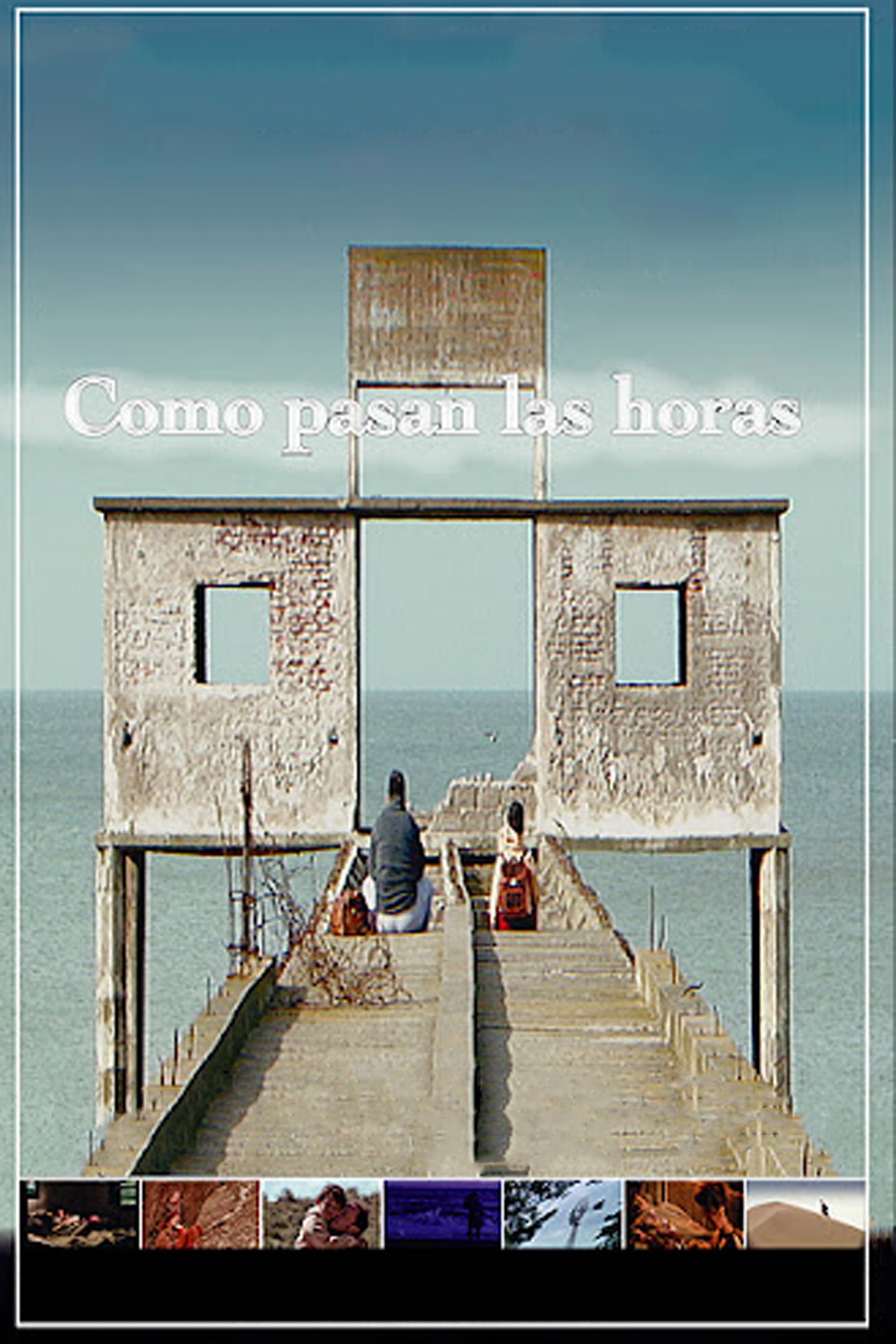
Renee returns home one Saturday after giving an early morning piano lesson. She lives in the provinces with her husband Juan and their five year-old son Santi. Over breakfast, they discuss a possible move to Buenos Aires but rule it out after Juan provides a reasoned argument against it. He suggests a family trip to the beach. Renee proposes for Juan alone to take Santi to the beach while she takes her ailing mother Virginia to the country. The film bifurcates as the narrative alternates between the two excursions. Renee picks up Virginia at an assisted-living facility; they drive to a rustic cabin, sit by the fireplace and later take a walk in the forest. Juan and the inquisitive Santi travel further, to an almost empty beach, walk down a pier, build a castle out of sand, and meet two fishermen who entertain the boy with sea tales and teach him how to gut a fish.
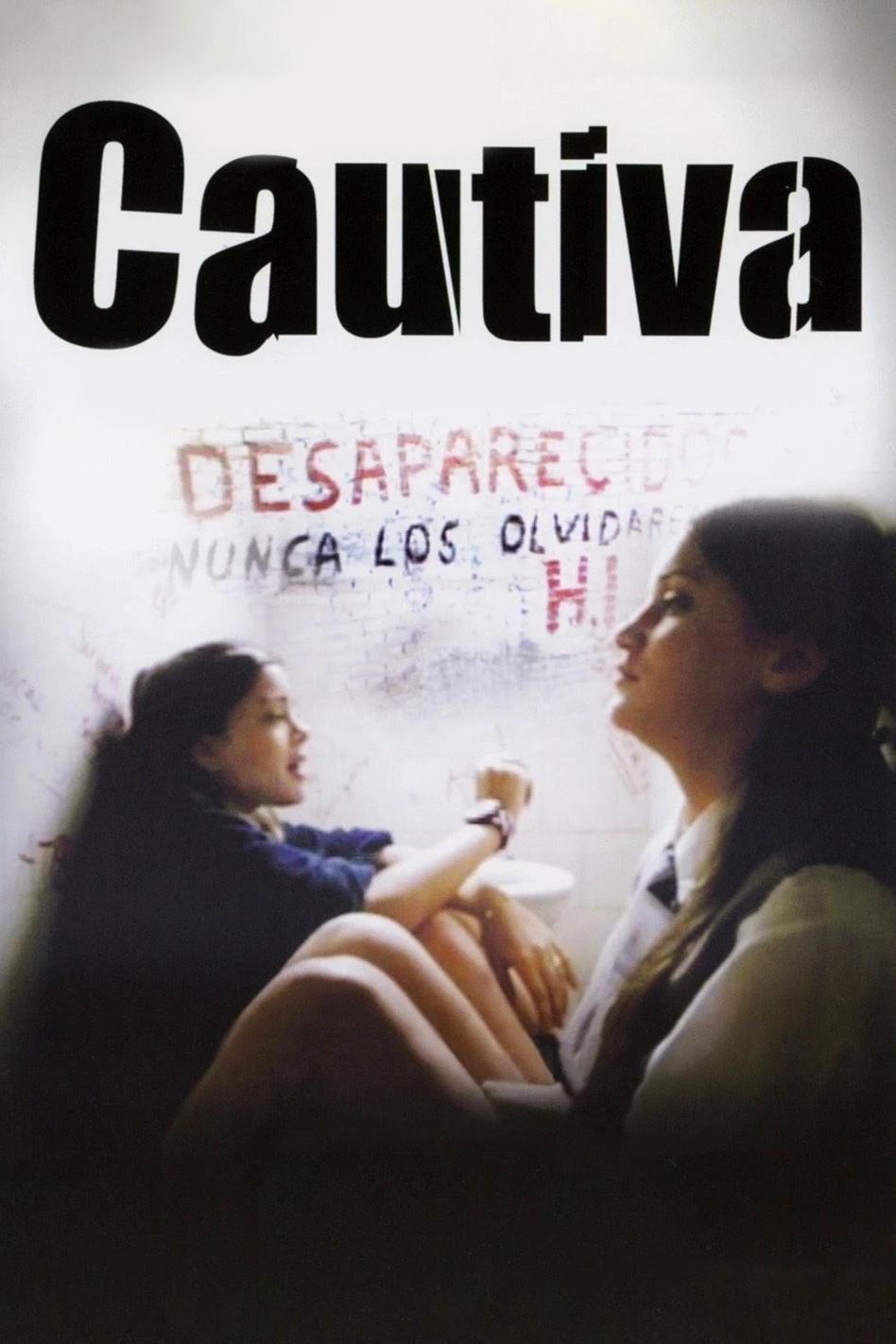
Cristina's life is thrown into turmoil when she is suddenly escorted from her strict Catholic school in Buenos Aires and told that she is really Sofía Lombardi, the daughter of activists who disappeared in the '70s. Questioning everything she once thought true, Cristina embarks on a journey to find her true identity. Meeting others like herself, the young girl soon discovers the real-life horrors of Argentina's relatively recent past and the nightmare that claimed tens of thousands of lives during the country's "dirty war."
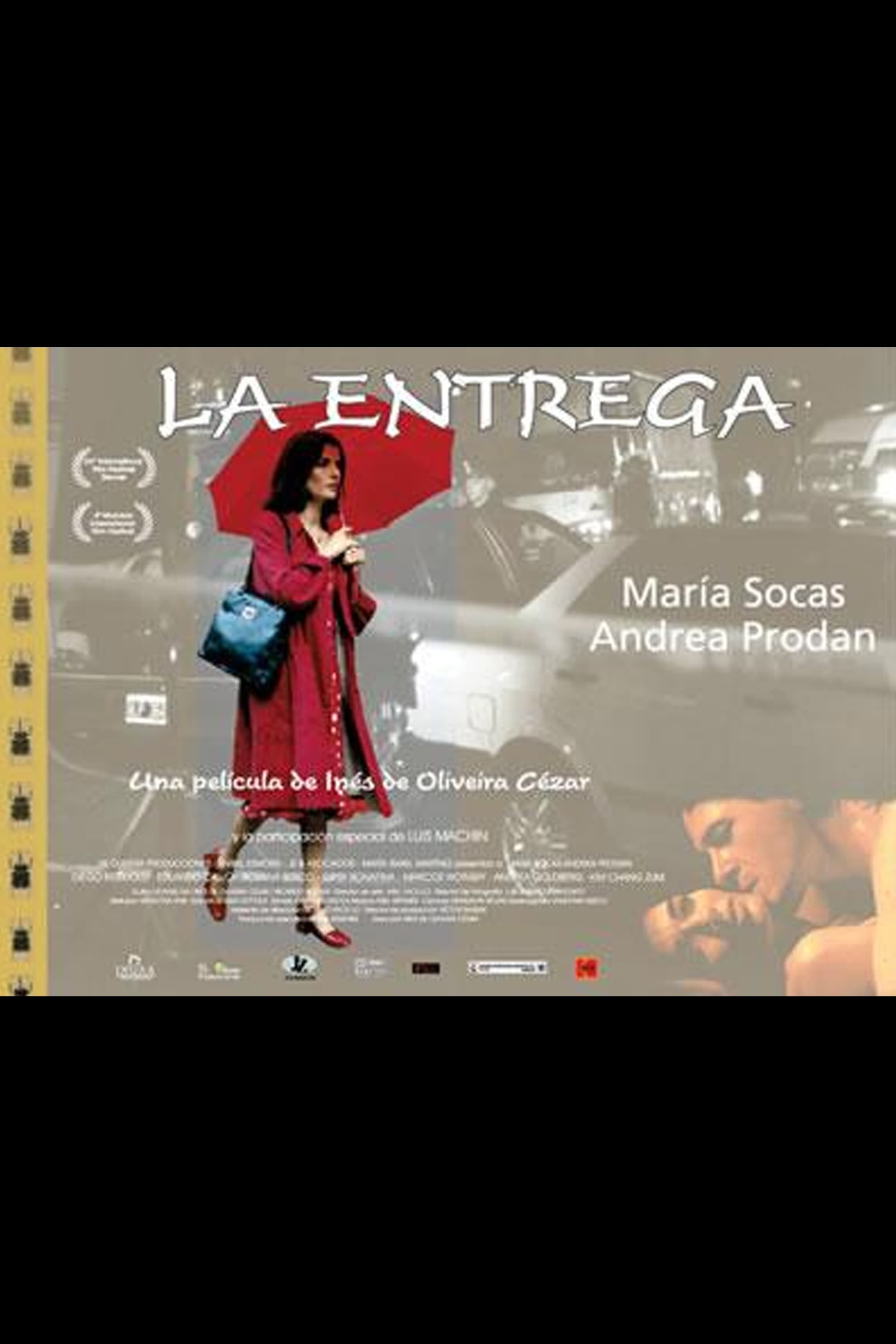
A wave of anonymous attacks will capriciously unite the stories, leading them towards an inexorable end.
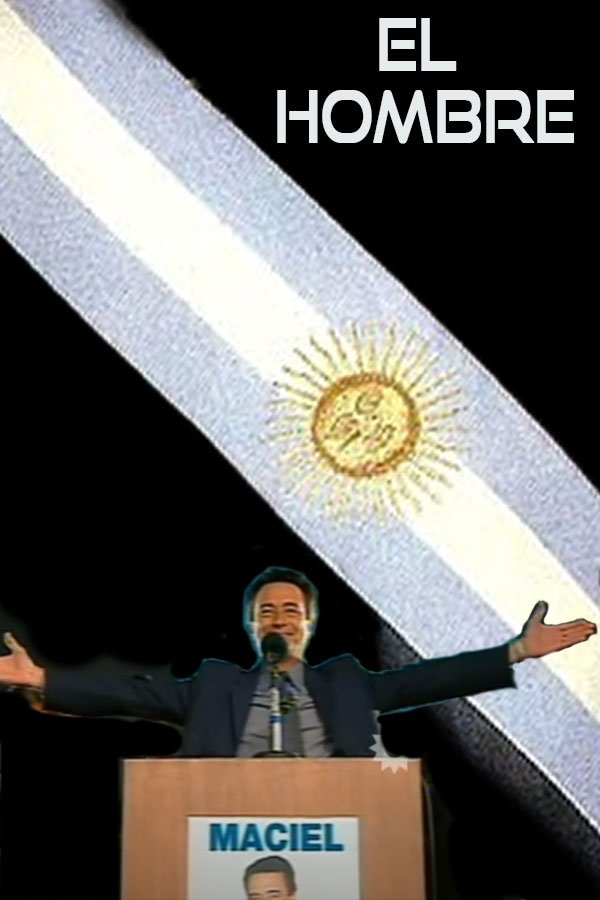
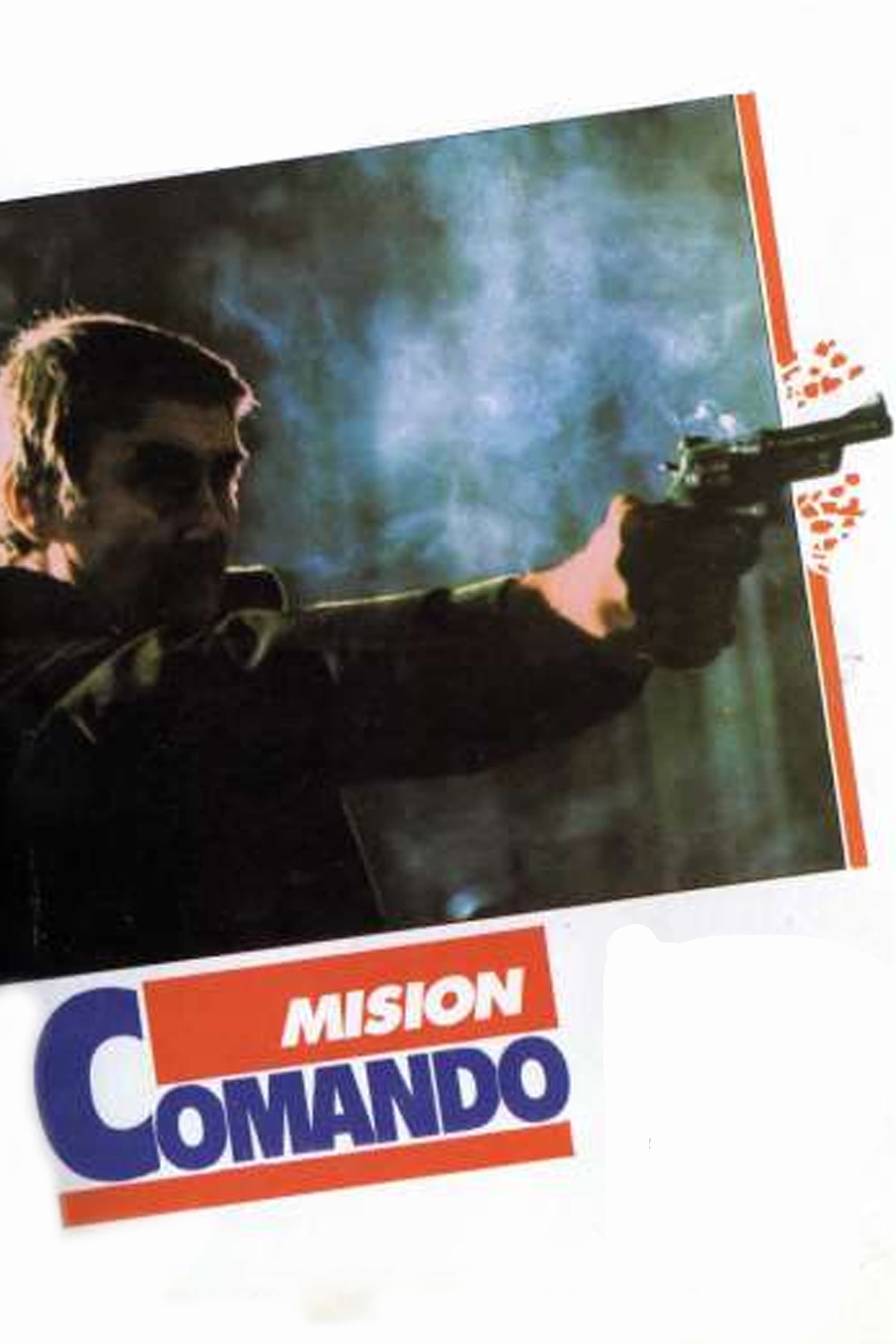
The city is the formidable setting for this spectacular police story. A challenge for the men of Mission Commando. A police officer to hold your breath!
Roxana Berco, born Graciela Rosana Berconsky, is an Argentinian stage and screen actress, writer, theater director and pedagogue. She made her film debut in the film "Las mujeres son cosa de guapos" (1981).
By browsing this website, you accept our cookies policy.